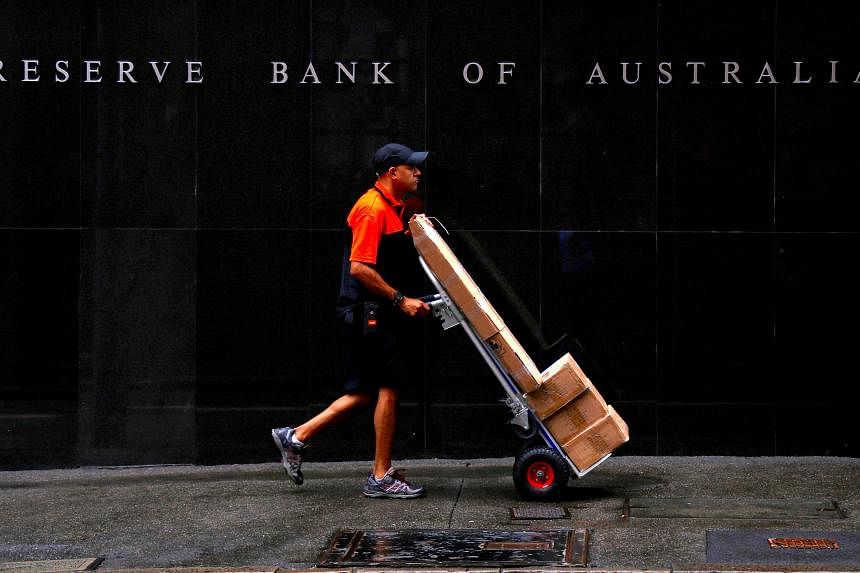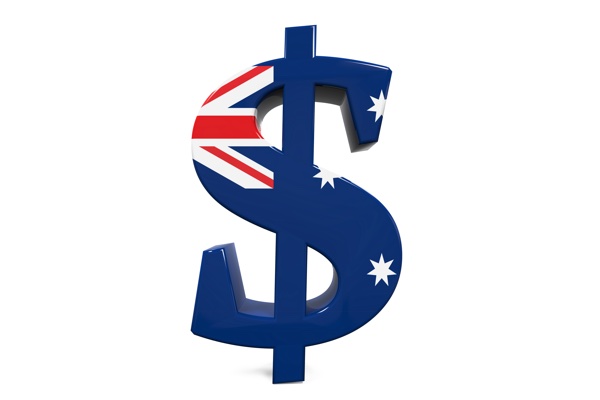Australia’s June jobs jump beyond forecasts but unemployment rate still up

- by Admin
- July 18, 2024

SYDNEY – Australian employment jumped well beyond expectations in June, yet the jobless rate still ticked higher as more people went looking for work – a mixed report that leaves open the question of whether interest rates need to rise further.
The data shifted investors’ expectations slightly towards a rate hike from the Reserve Bank of Australia (RBA) in August, with swaps implying a 20 per cent probability from 12 per cent before. The three-year bond yield rose 4 basis points to 4.019 per cent, while the Australian dollar ticked up to 67.35 US cents, although it was last flat on the day.
Figures from the Australian Bureau of Statistics on July 18 showed net employment climbed 50,200 in June from May, topping market forecasts for 20,000. Full-time employment rose 43,300 for a second month of strong gains.
The jobless rate still edged up to 4.1 per cent, from 4 per cent, compared with forecasts of a steady outcome. The participation rate rose to near an all-time high at 66.9 per cent, while hours worked bounced 0.8 per cent as fewer workers than usual took holidays in the month.
“The labour market is slackening, with the upward drift in the unemployment rate becoming more entrenched. But the market remains in a very tight position,” said Oxford Economics Australia head of macroeconomic forecasting Sean Langcake. “The current pace of employment growth suggests demand is resilient and cost pressures will remain. We think the RBA will stay the course and keep rates on hold, but August is certainly a live meeting.”
The RBA has held interest rates steady for five straight meetings now, but policymakers were pondering whether the current policy rate of 4.35 per cent is restrictive enough as inflation remained high at 4 per cent in the last quarter, above its target band of 2 per cent to 3 per cent.
Much will depend on the second-quarter consumer price report due on July 31, where inflation is expected to edge higher and come in above the central bank’s own forecasts.
Globally, central banks have already started cutting or signalling their intention to do so. The European Central Bank cut in June, the US Federal Reserve is seen as being almost certain to cut in September, while the Reserve Bank of New Zealand opened the door to easing just this month.
As a result, swaps have scaled back their bets of another hike from the RBA in 2024, although the first easing is not likely until mid-2025 as interest rates here have not risen as much as in other countries.
Also, the bar to hike is high, especially given the RBA’s worries of a sharp slowdown in the labour market. Job vacancies continued to fall from elevated levels, an employment gauge in a closely watched business survey showed no growth, and wage growth clearly peaked. REUTERS
The Latest News
-
September 20, 2024Who will replace Graham Arnold as Socceroos coach? Candidates to take on Australia top job | Sporting News Australia
-
September 20, 2024Graham Arnold departs as Head Coach of the Subway Socceroos
-
September 20, 2024Travis Head powers Australia to big win in first ODI | Betting Site
-
September 20, 2024Palestinians in Australia left in limbo as visa doesn’t allow for work or study rights
-
September 20, 20242024 Heath Ledger Scholarship finalists announced | ScreenHub Australia – Film & Television Jobs, News, Reviews & Screen Industry Data




